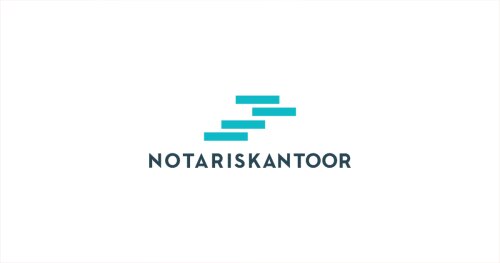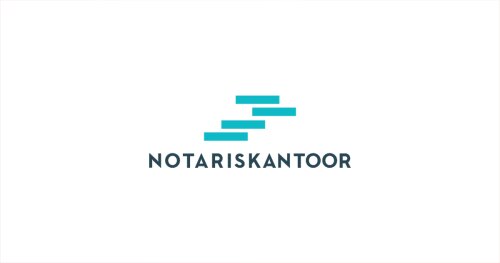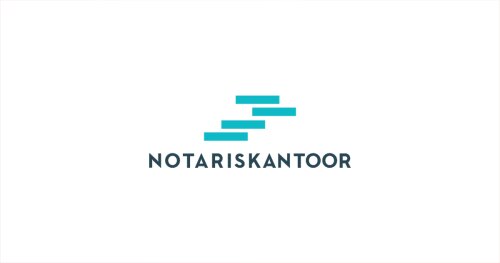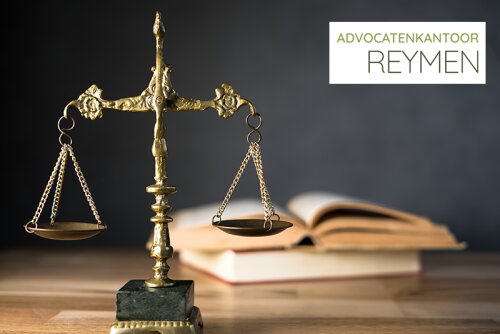Best Due Diligence Lawyers in Belgium
Share your needs with us, get contacted by law firms.
Free. Takes 2 min.
Or refine your search by selecting a city:
List of the best lawyers in Belgium
About Due Diligence Law in Belgium
Due diligence in Belgium refers to the comprehensive appraisal of a business or property, conducted by a prospective buyer, to establish its assets and liabilities and evaluate its commercial potential. This process encompasses a legal, financial, operational, and sometimes environmental assessment. In Belgium, due diligence is a critical component of mergers and acquisitions (M&A) and helps mitigate risks, ensuring both transparency and informed decision-making during transactions.
Why You May Need a Lawyer
Engaging a lawyer proficient in due diligence in Belgium can be essential in various situations, such as:
- Mergers and Acquisitions: Legal experts ensure all legal obligations are met and identify any potential liabilities or legal issues.
- Real Estate Transactions: Lawyers aid in examining property titles, zoning laws, and compliance with environmental regulations.
- Investments: Legal analysis can help ascertain the legal soundness of an investment in a company or project.
- Risk Management: Identifying legal risks in contracts and business operations to prevent future legal disputes.
Local Laws Overview
Belgian law does not mandate a specific set of rules for due diligence, but various regulations and standards impact the process:
- Company Law: Comprises rules on corporate governance, share capital, and restructuring, highly relevant in corporate due diligence.
- Contract Law: Involves scrutiny of significant contracts, including those of employment, supply, and partnerships.
- Environmental Regulations: Particularly significant for industrial property transactions, ensuring compliance with Belgian and EU environmental standards.
- Intellectual Property Law: Critical in assessing the value and risks associated with intangible assets.
Frequently Asked Questions
What is the purpose of due diligence?
The purpose is to assess the potential risks and benefits involved in a business transaction, ensuring well-informed decisions and protection against unforeseen liabilities.
Is due diligence mandatory in Belgium?
While not legally mandatory, conducting due diligence is highly recommended and often considered industry standard practice in transactions involving substantial risk or value.
What are the typical components of a due diligence process?
It typically includes legal, financial, operational, and environmental assessments, tailored to the specific nature and scope of the transaction.
How long does the due diligence process take?
The duration varies depending on the complexity and scale of the transaction but typically ranges from several weeks to a few months.
Who usually performs due diligence?
It's usually conducted by a team of professionals including lawyers, accountants, and consultants, depending on the transaction's scope and complexity.
Can due diligence findings affect the transaction terms?
Yes, findings can lead to renegotiations of terms, adjustments in price, or even a decision to withdraw from the transaction.
Are there any specific Belgian regulations affecting due diligence?
While there is no specific due diligence law, various regulations, particularly in company, contract, and environmental law, affect the process.
What risks are addressed by a due diligence process?
Due diligence addresses risks related to legal obligations, financial viability, operational efficiency, and compliance with regulatory requirements.
How can a lawyer assist with due diligence?
A lawyer provides legal insights, identifies potential legal issues, and ensures compliance with applicable laws to protect client interests.
What documents are typically reviewed during due diligence?
Documents include financial statements, contracts, corporate records, compliance documentation, property deeds, and intellectual property records.
Additional Resources
For further assistance and information regarding due diligence in Belgium, consider reaching out to:
- The Belgian Institute of Chartered Accountants and Tax Advisers: Offers guidance on compliance and financial due diligence.
- Federation of Enterprises in Belgium (FEB): Provides resources and advocacy for businesses navigating due diligence.
- Belgian Financial Services and Markets Authority (FSMA): Oversees financial transactions and ensures compliance with financial regulations.
- Public Notaries: Often involved in the legal validation of transactions and due diligence processes.
Next Steps
If you require legal assistance with due diligence, consider the following steps:
- Consult with an Expert: Reach out to a lawyer specializing in due diligence to discuss your specific needs.
- Gather Documentation: Prepare all relevant documents and information related to the transaction or investment.
- Conduct Preliminary Research: Familiarize yourself with the basic legal and financial aspects of the deal.
- Schedule a Legal Review: Arrange for a comprehensive review of all documents and legal aspects by your legal team.
Engaging professional legal advice ensures that you can make informed decisions and protects your interests in any transaction involving due diligence.
Lawzana helps you find the best lawyers and law firms in Belgium through a curated and pre-screened list of qualified legal professionals. Our platform offers rankings and detailed profiles of attorneys and law firms, allowing you to compare based on practice areas, including Due Diligence, experience, and client feedback.
Each profile includes a description of the firm's areas of practice, client reviews, team members and partners, year of establishment, spoken languages, office locations, contact information, social media presence, and any published articles or resources. Most firms on our platform speak English and are experienced in both local and international legal matters.
Get a quote from top-rated law firms in Belgium — quickly, securely, and without unnecessary hassle.
Disclaimer:
The information provided on this page is for general informational purposes only and does not constitute legal advice. While we strive to ensure the accuracy and relevance of the content, legal information may change over time, and interpretations of the law can vary. You should always consult with a qualified legal professional for advice specific to your situation.
We disclaim all liability for actions taken or not taken based on the content of this page. If you believe any information is incorrect or outdated, please contact us, and we will review and update it where appropriate.
Browse due diligence law firms by city in Belgium
Refine your search by selecting a city.
















